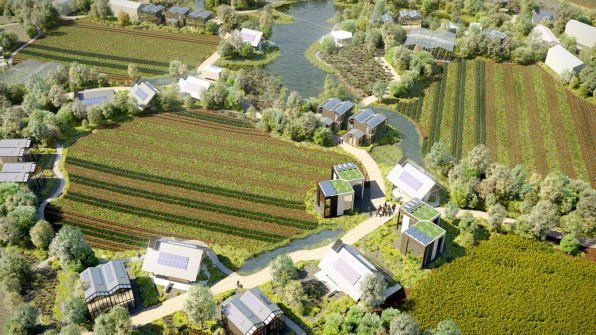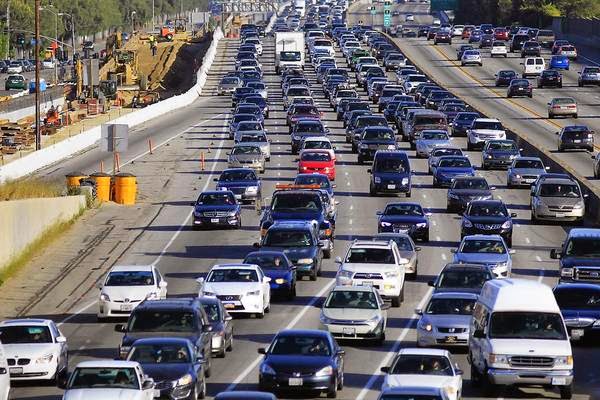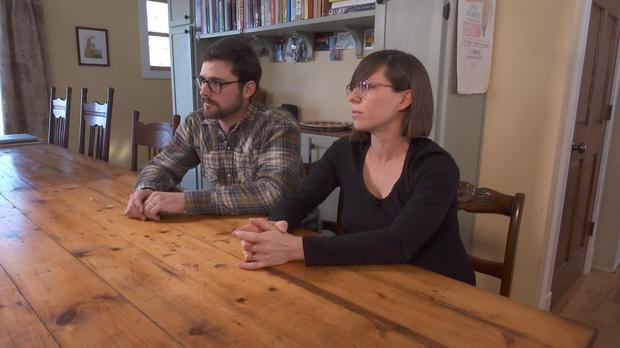The world’s first “high-tech eco village” will reinvent suburbs

ReGen village, in the Netherlands, will collect and store its own water and energy, grow its own food, and process much of its own waste. Also: no cars. A half-hour commute from Amsterdam, a piece of farmland is slated to become a new kind of neighborhood. Vertical farms, along with traditional fields and orchards surrounding homes, will supply food to people living there. Food waste will turn into fish feed for on-site aquaculture. Houses will filter rainwater, but won’t have driveways. A “village OS” tech platform will use AI to simultaneously manage systems for renewable energy, food production, water supply, and waste. READ entire article >>






